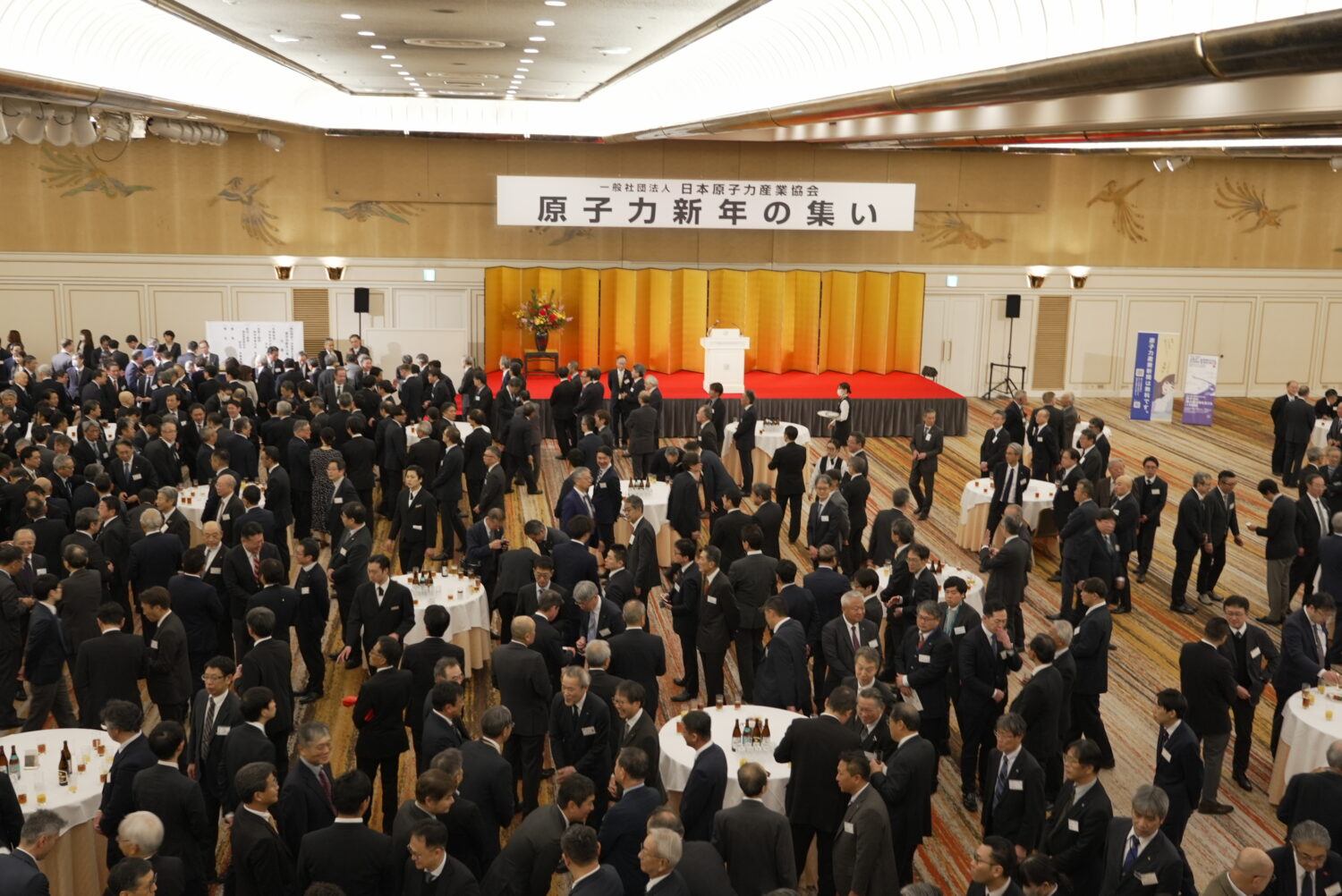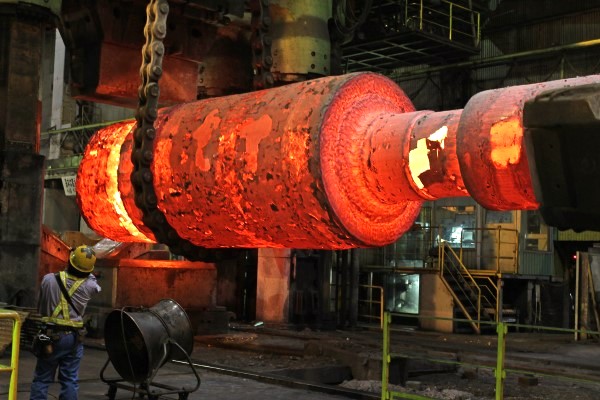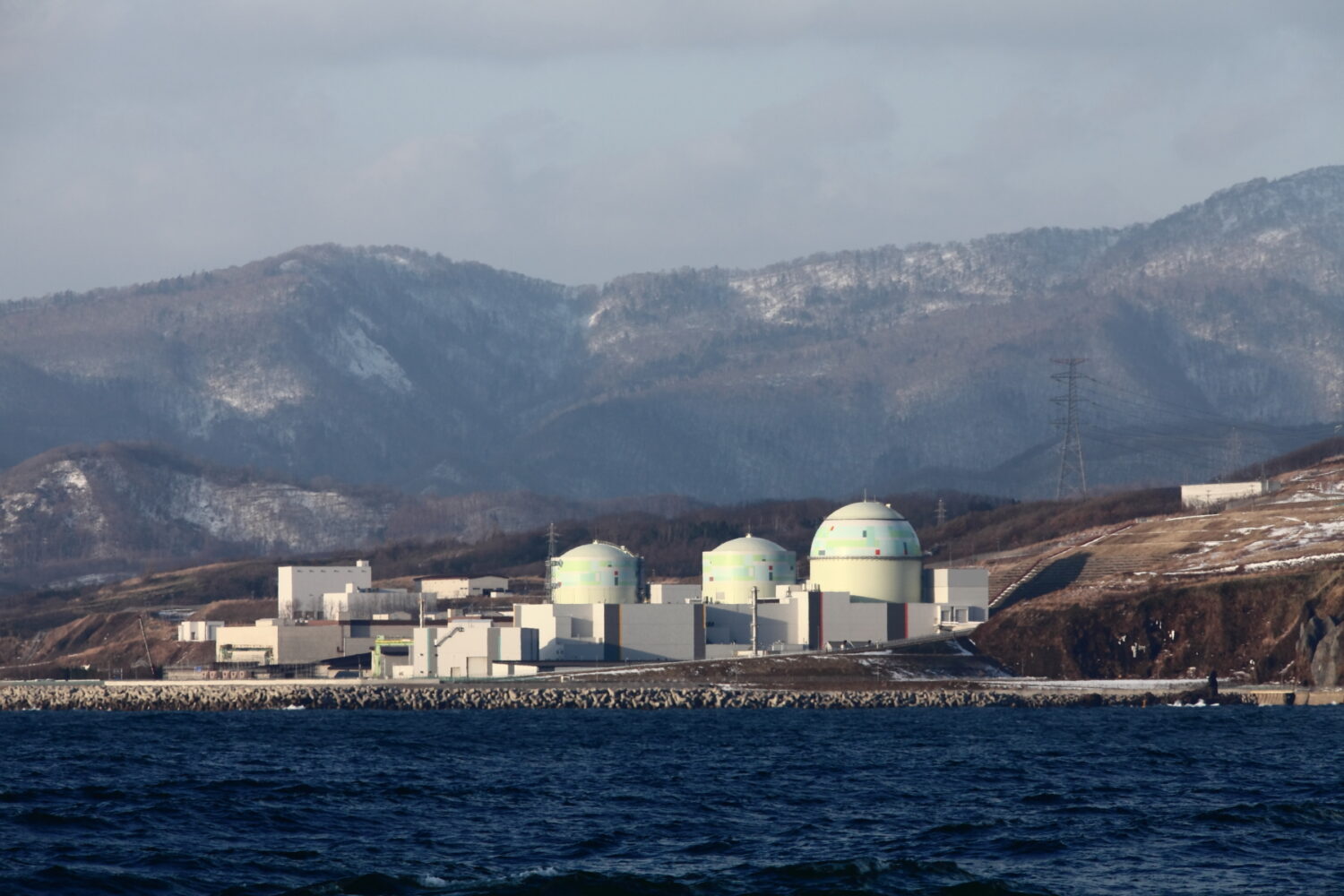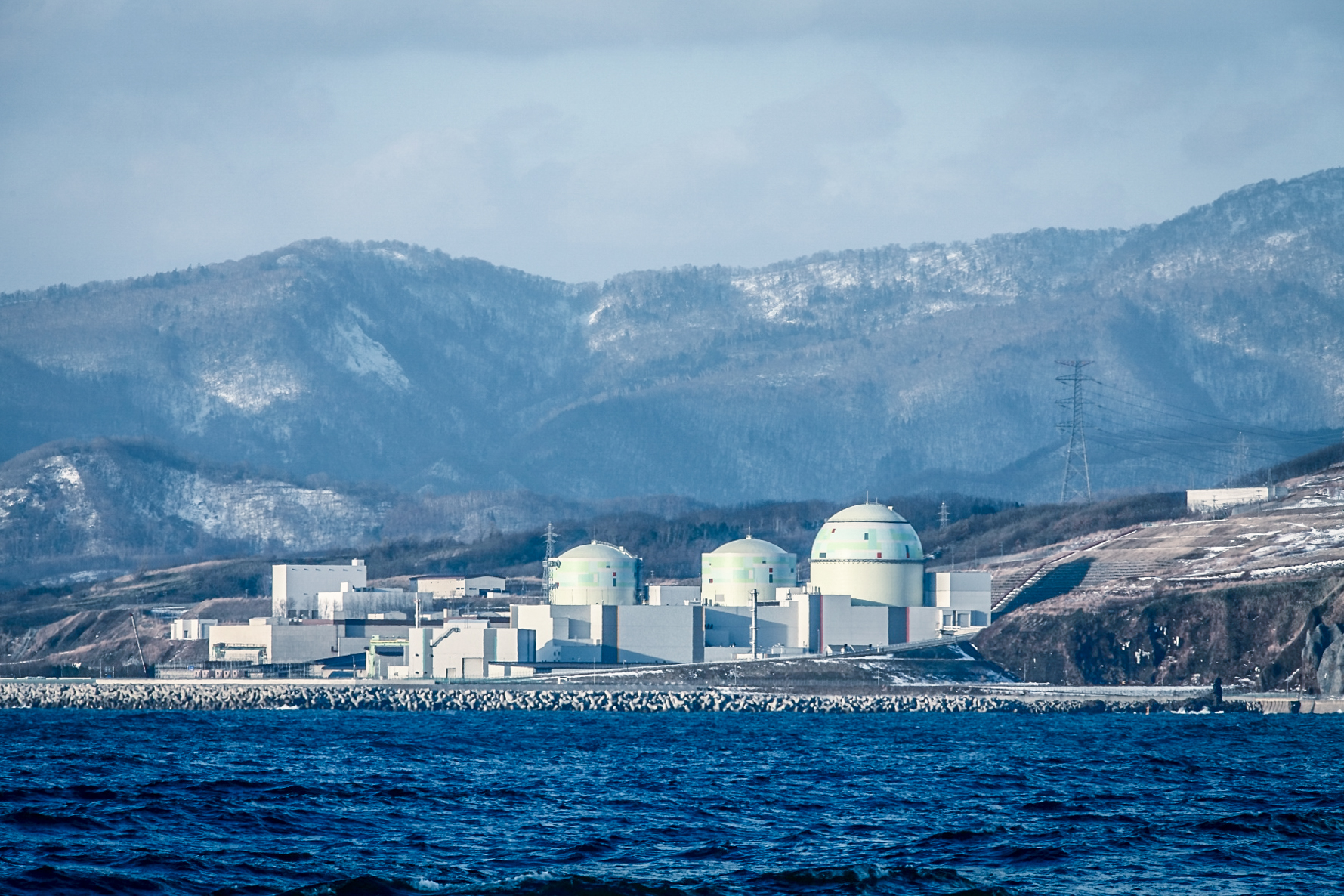Retail electricity power sales by five companies—the Hokkaido Electric Power Co., Inc., the Tokyo Electric Power Co. (TEPCO), the Kansai Electric Power Co. (Kansai EP), Shikoku Electric Power, and the Okinawa Electric Power Co.—were up year-on-year. FY20 full-year results (profit and loss) have been revised upward by one company after another. But nine—all apart from the Chubu Electric Power Co.—forecast losses at the end of the full year also.
The companies that have revised their full-year forecasts upward are Hokkaido Electric, Chubu Electric, Kansai EP, and the Chugoku Electric Power Co. Given that wholesale electricity market prices fell substantially from the previous forecast released in October 2022, Chubu Electric Power’s ordinary and net profits both swung back into the black. TEPCO, the Hokuriku Electric Power Co., and Shikoku Electric Power left their full-year forecasts unchanged, while Tohoku Electric Power and Okinawa Electric Power revised them downward.
The business environments for all companies have worsened, and seven of them have applied for permission to raise regulated electricity rates. Tohoku Electric Power, Hokuriku Electric Power, Chugoku Electric Power, and Kyushu Electric Power—which had seen positive ordinary profit, excluding cut-off error, in comparison with the second quarter—saw their results turn negative, and TEPCO’s deficit increased substantially.
Sales increased for all companies due to adjustments for increased fuel costs because of steep rises in fuel prices. All companies are also expected to see increased full-year income. The total for the ten companies is expected to be approximately 50% higher than that of FY21.
While the burden of fuel costs continues, all companies have sought better ways to procure coal. Tohoku Electric Power tried to import low-priced sub-bituminous coal and mid-ash coal. Kyushu Electric Power is working to spread out its procurement periods and introduce low-grade coal.
At a press conference upon the release of its accounts settlement on February 1, a TEPCO representative spoke about the fuel price situation. Prices, he said, were now lower than at the peak, but are still high compared with the time prior to COVID–19. Coal prices are particularly high, he said, and will remain so in the next fiscal year (starting April 1).












-013.jpg)

-049.jpg)
.jpg)




